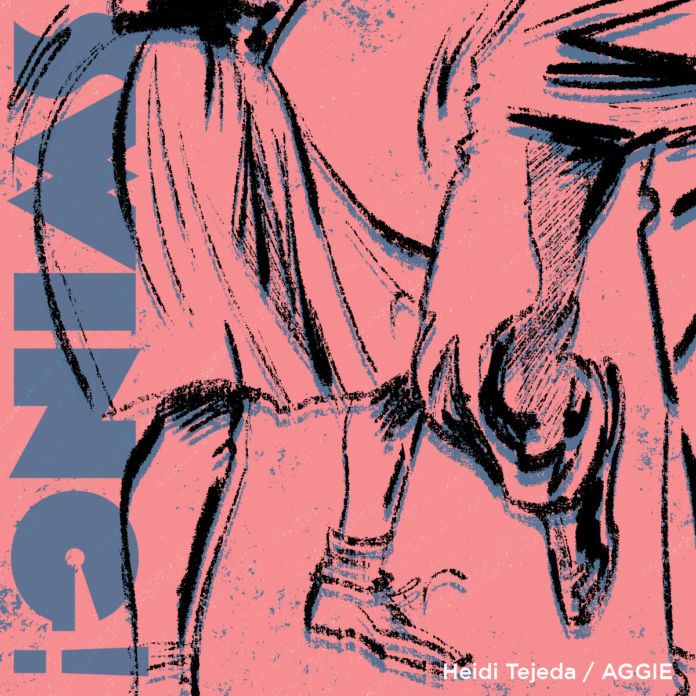The Davis Swing Dancers club teaches dance moves and the cultural history of swing dancing
By LYNN CHEN — features@theaggie.org
If you ever need a space to learn a new hobby, groove to the music or blow off some steam, then the Davis Swing Dancers club might be the place for you.
“Our club is dedicated to celebrating the culture of swing dancing and inviting other people to learn how to do it and enjoy it,” Wesley De Leon Rodas, a fourth-year applied physics major, said.
Historically, swing dancing is a form of social dance that developed from swing style jazz music. The dance style originated from Black communities in the 1930s in the Harlem neighborhood of New York City, according to Ava Marie Ruggiero, president of the Davis Swing Dancers.
“Swing dancing is an umbrella term,” Ruggiero said. “There are many types of swing dancing that [our club] does, but the main thing that’s done in most places is Lindy Hop.”
Lindy Hop is a type of swing dance that requires a substantial amount of physical vigor. It emphasizes the ability to improvise and include various foot movements to different rhythms.
Other forms of swing dancing that the organization practices include Collegiate Shag, Balboa and Charleston.
During weekly meetings, the student organization allocates time to provide free in-person instruction to beginners. The rest of the meeting is then dedicated to “social dancing” — an unstructured period for people to pair up with others and dance creatively to the music.
To further promote the art form, the club hosts events that allow its members to learn more about the cultural history of swing dancing and to interact with other local communities that practice the dance.
For instance, recently the organization held a watch party for a documentary called “The Spirit Moves,” a film that traced the evolution of Black social dance through most of the 20th century.
Furthermore, earlier this year, the organization hosted an intercollegiate event called the “Lindy Exchange,” where swing dancing clubs from other University of California campuses came to Davis to celebrate the art form.
“[The clubs] danced together for a whole weekend. We rented out a dancing venue in Sacramento, we booked a couple [of] rooms in the [Teaching and Learning Complex] and just did a bunch of classes with local instructors,” Ruggiero said.
Other than educating others about the art form, the Davis Swing Dancers club is focused on creating its own dancing community built on consent, freedom and self-improvement.
“A big thing we prioritize in swing dancing is consent and asking others [for permission] to dance,” De Leon Rodas said. “It’s a good idea to have throughout life, and we hope people can take [that way of thinking] into real life.”
In addition, the organization constructs a space that encourages self-improvement in its members.
Elias Higbie, a general member of the club and double-major in linguistics and Spanish, recalled how learning new dance moves helped him to find confidence in himself.
“I [used to] be very timid,” Higbie said. “Now, I can ask people to dance without that voice in the back of my head saying, ‘You’ll humiliate yourself.’”
He added that the club has helped him feel more secure in himself.
“I actually have confidence in my dancing now, and it makes me feel confident elsewhere too.”
Higbie highlighted that the organization also prioritizes gender neutral practices.
“Traditionally in swing dance, it’s very gendered [since] usually the man leads and the woman follows,” Higbie said. “It’s like this in other places [I’ve danced at]. The way I found it [at Davis], it’s not at all gendered. You [can just] go up to someone, and be like ‘Hey, do you wanna dance?’ And if they say ‘Okay,” you respond, ‘Cool, do you lead or follow?’”
While the club is pushing the boundaries of traditional swing dancing, they are still intimately connected to and empowered by its cultural history. This aspect of the dance form is especially impactful to De Leon Rodas.
“You see old footage of people [swing dancing] and doing the same things that you are now, and it’s interesting because it’s like you’re living a part of history,” De Leon Rodas said.
Written by: Lynn Chen — features@theaggie.org










